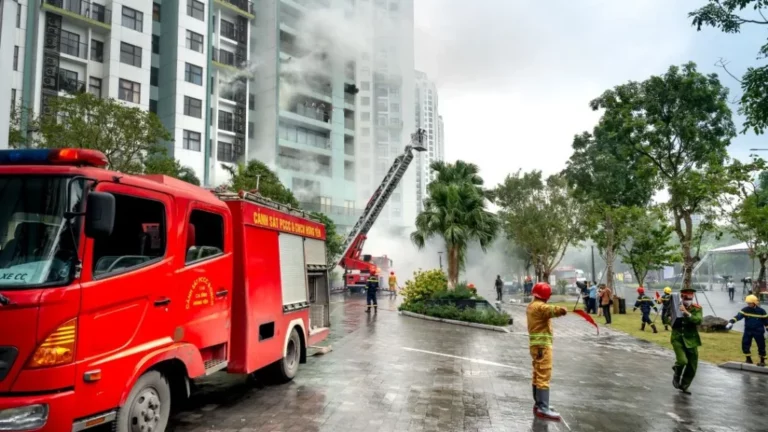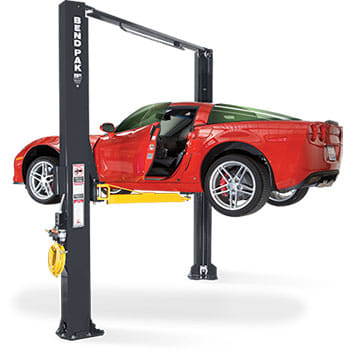Coverage for Construction Risk in construction projects are inherently risky endeavors. From groundbreaking to completion, numerous variables can impact the outcome, including weather conditions, labor disputes, material shortages, design errors, and unforeseen site conditions. These risks can result in delays, cost overruns, and even project failure. To mitigate these uncertainties, construction professionals rely on comprehensive insurance coverage tailored to address the unique challenges of the industry. In this article, we explore the various types of coverage available to construction projects and how they help manage risks effectively.
Understanding Construction Risks
Before delving into insurance coverage, it’s crucial to understand the nature of risks inherent in construction projects:
- Natural Hazards: Weather events such as hurricanes, floods, and earthquakes can halt construction progress and cause extensive damage to the site and materials.
- Man-made Risks: These include accidents, vandalism, theft, and terrorism, which can disrupt operations and incur additional expenses.
- Financial Risks: Fluctuations in material costs, labor disputes, regulatory changes, and contractual disputes can lead to financial losses.
- Design and Planning Risks: Errors or omissions in design and planning can result in rework, delays, and costly modifications during construction.
Given the complexity of these risks, construction firms need robust insurance coverage to protect their interests and ensure project success.
Types of Coverage for Construction Risks
- Builders Risk Insurance: Also known as course of construction insurance, this policy covers property damage and materials during construction. It protects against risks such as fire, theft, vandalism, and certain weather-related incidents. Builders risk insurance typically extends to the structure, materials, equipment, and temporary structures on the job site.
- General Liability Insurance: This coverage protects against third-party claims for bodily injury, property damage, and personal injury arising from construction activities. It includes legal defense costs and settlements or judgments resulting from lawsuits. General liability insurance is essential for protecting construction firms from liabilities that may arise during the project.
- Professional Liability Insurance: Also known as errors and omissions insurance, this policy covers design professionals (e.g., architects, engineers) against claims of negligence or errors in their professional services. It protects against financial losses resulting from design flaws, errors in specifications, or failure to meet contractual obligations.
- Workers’ Compensation Insurance: Construction sites are high-risk environments where accidents and injuries can occur. Workers’ compensation insurance provides medical benefits and wage replacement to employees injured on the job. It also protects employers from lawsuits by injured workers, ensuring compliance with state regulations.
- Contractor’s Equipment Insurance: This coverage insures against damage, loss, or theft of equipment and machinery used in construction operations. It includes tools, heavy machinery, cranes, and other specialized equipment essential for project completion. Contractor’s equipment insurance helps minimize disruptions caused by equipment downtime or loss.
- Environmental Liability Insurance: Construction activities can have environmental implications, such as soil erosion, water pollution, or hazardous material spills. Environmental liability insurance covers cleanup costs, legal expenses, and damages resulting from environmental accidents or contamination incidents.
- Delay in Start-Up (DSU) Insurance: Also known as advanced loss of profits insurance, DSU coverage compensates for financial losses incurred due to project delays beyond the control of the insured party. It reimburses additional expenses and lost revenue resulting from delays in completion, enabling the project to recover and meet its original schedule.
Importance of Comprehensive Coverage on Coverage for Construction Risk
Comprehensive insurance coverage is vital for construction projects due to the following reasons:
- Risk Transfer: Insurance transfers the financial burden of potential losses from the construction firm to the insurer, providing financial protection against unforeseen events.
- Contractual Requirements: Many construction contracts require specific insurance coverage to protect the interests of project stakeholders, including owners, contractors, and subcontractors.
- Business Continuity: Insurance coverage ensures business continuity by mitigating financial losses resulting from property damage, liability claims, or project delays.
- Risk Management: By identifying potential risks and selecting appropriate insurance coverage, construction firms can effectively manage uncertainties and protect their assets and investments.
- Competitive Advantage: Having comprehensive insurance coverage enhances a construction firm’s reputation and credibility, making it more attractive to clients and stakeholders.
Conclusion on Coverage for Construction Risk
Construction projects are complex endeavors with inherent risks that can impact timelines, budgets, and outcomes. Comprehensive insurance coverage is essential for mitigating these risks and protecting the interests of construction firms, owners, and stakeholders. By understanding the types of coverage available and their significance in managing construction risks, industry professionals can make informed decisions to safeguard their projects and ensure success in an ever-changing environment.
In conclusion, investing in robust insurance coverage is not just a prudent business decision but a critical aspect of risk management in the construction industry, enabling projects to navigate uncertainties and achieve their objectives effectively






